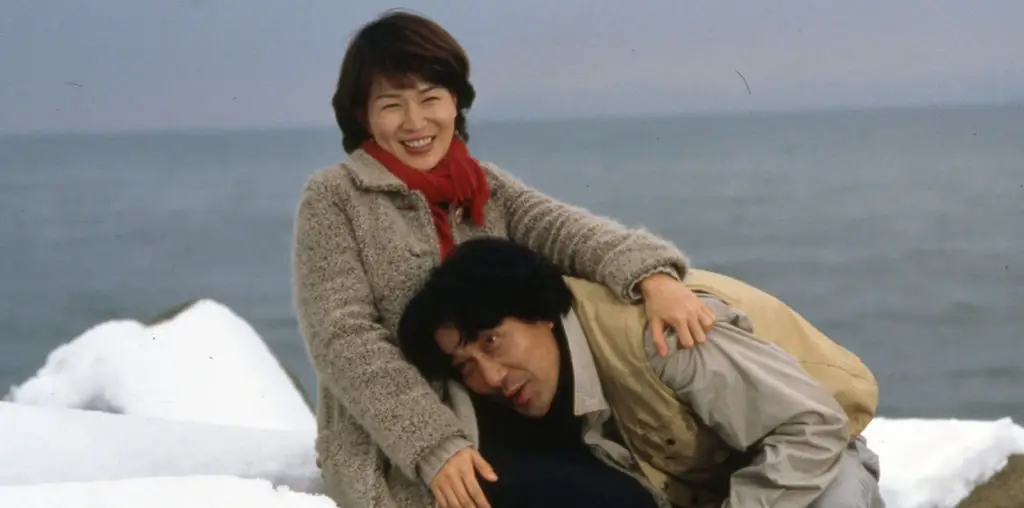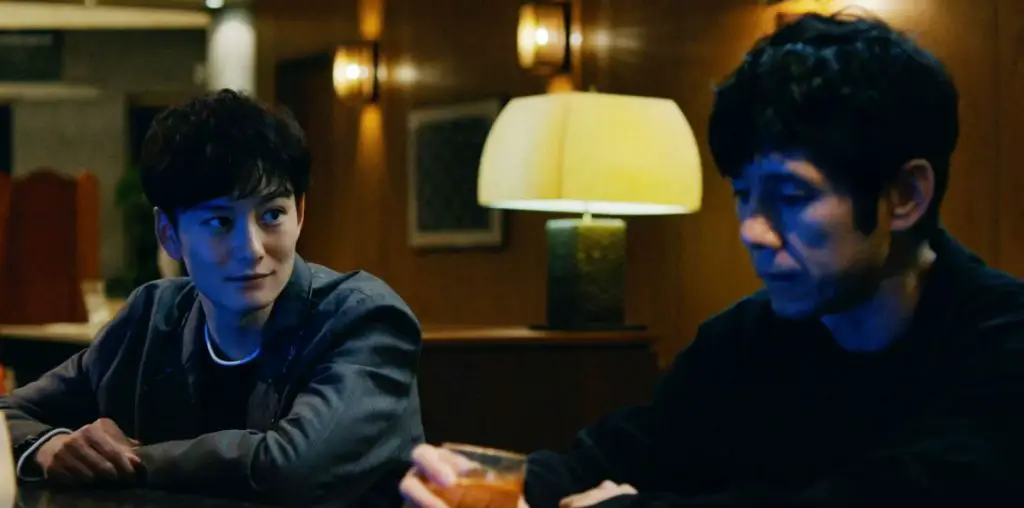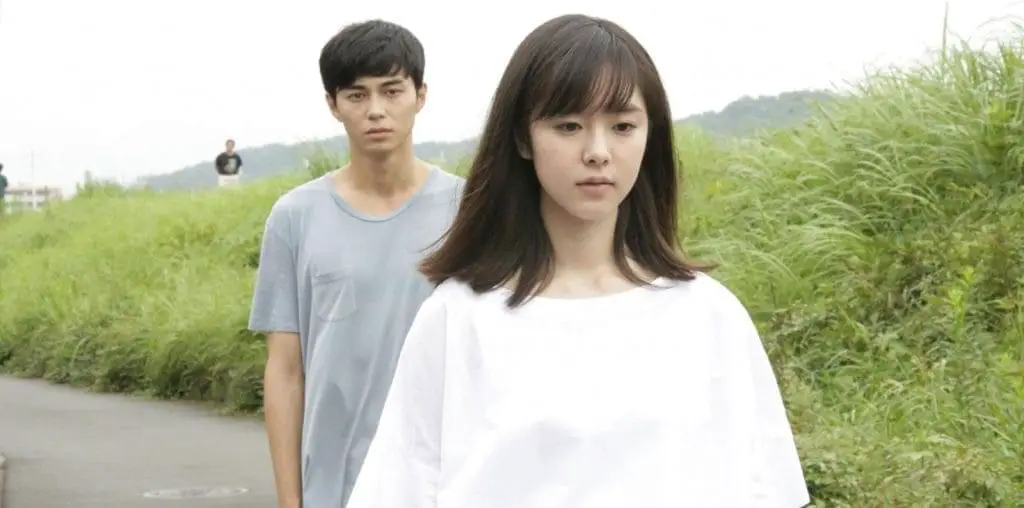
Passion is a dramatic low-budget film from 2008, written and directed by Ryûsuke Hamaguchi. His Drive My Car received the 2022 Oscar for Best International Feature Film among a multitude of international and national awards and nominations. His debut feature is a praise-worthy thesis film. Hamaguchi’s views on relationship drama and those seeking spontaneous desire withstand time regardless of technology and societal progress. However, the set direction and wardrobe do not show the passage of time as much as flip phones and other tech devices do.
When former classmates Kaho (Aoba Kawai), Kenichiro (Nao Okabe), Tomoya (Ryuta Okamoto), and Takeshi (Kiyohiko Shibukawa) celebrate a coming marriage and birth, fragile emotions, sentiments, and commitments are exposed and play out in unexpected ways. Although it would appear as a boy’s night out to celebrate their friendships and adult life of devotion and family, Kenichiro, Tomoya, and Takeshi descend upon Takako (Fusako Urabe).
As she hosts the group of men, they join her in a sentimental gathering for Rabi’s recent death and burial. Rabi is the cat Takako looked after for her cousin whose apartment everyone is in and who also makes an odd appearance. However, it is here where her relations with each man become the center of jealousy and discontent between friends who all appear to be in a type of precarious love tryst.
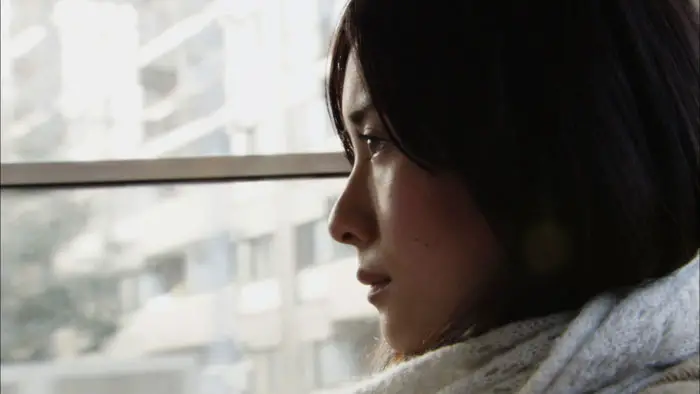
“…a coming marriage and birth, fragile emotions, sentiments, and commitments are exposed and play out in unexpected ways.”
Passion lays the foundation for the more important and powerful stories Hamaguchi would construct and deliver, including Happy Hour and Wheel of Fortune and Fantasy. The film undoubtedly reveals his gift for well-orchestrated language played out by controlled and directed emotion to build a story that leaves a haunting result — “Life with no one to love is meaningless, right?” Regardless of looks, success, and even hustling, each character has a deeper consciousness of being unfulfilled and ultimately feeling lonely or isolated, which is supported by a view of Tokyo that is utilitarian and industrial. It is rather unappealing, lackluster, and passionless.
The film metaphorically holds its weight in emotional veracity with several sequences, including one where Kaho, a school teacher, offers her young students a dramatic lesson on pain and death. Although seemingly out of character, it provides insight into the human condition, which is as relevant today as ever. And even Kaho’s mother offers a rational perspective on her engagement to Kenichiro, a dramatic point of realization that moves the plot forward and reveals Hamaguchi’s maturity as a filmmaker for such an early project in his career.
Although Passion concludes with hasty acts of passion and emotion, it does connect to a more significant issue of how love is fleeting and that commitment is the foundation for moving forward in a life worth living with someone. Filmed on celluloid with questionable lighting but a lovely music score, this is a relatively simple and prolonged story supported by dynamic dialogue. It breaks the barrier for film withstanding the test of time.
For screening information, visit Passion on the Film Movement website.
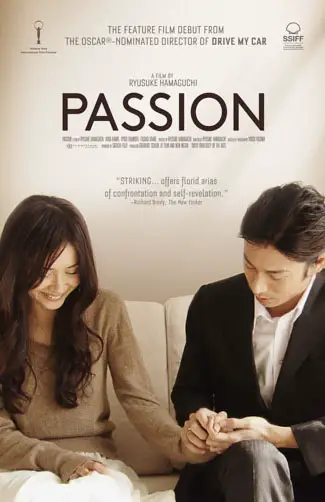
"…breaks the barrier for film withstanding the test of time."
